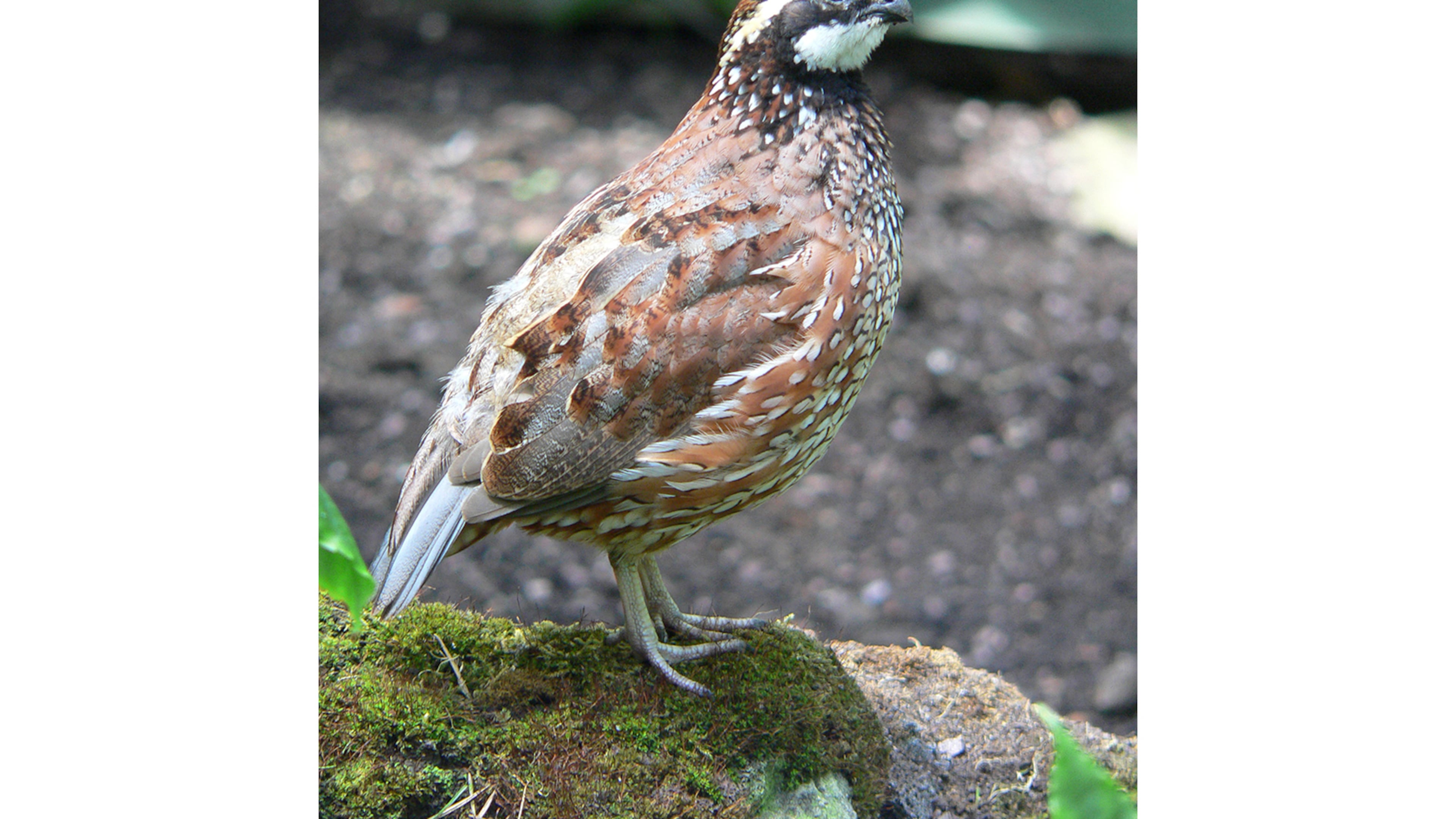Wild Georgia: Once common bobwhite’s call is growing faint

It was a sound that quickly evoked fond memories of my boyhood in coastal South Carolina — the call of a bobwhite quail. We heard it many times last weekend during a morning bird walk in the Harris Neck National Wildlife Refuge in Georgia’s coastal McIntosh County.
I was with my friends Robert Coram and Royce Hayes, whose rural homes are next to the remote refuge. They said they hear the male quail’s characteristic, whistled “bob-white” call every morning during spring and early summer, the bird’s peak breeding time.
Growing up, I also was very familiar with the call — a sound as well-known and comfortable to me as hens clucking in the coop or cows mooing softly in the pasture.
Since 1972, however, I’ve lived in metro Atlanta, where the once common call of the bobwhite (one of six native quail species in North America) has all but disappeared. Most of the bird’s open woodland and brushy field habitats have been eaten up by subdivisions, shopping centers and other development.
The same is true for much of South Georgia. Also, numerous small farms where bobwhites once thrived in dense hedgerows bordering crop fields have disappeared — consolidated into huge, corporate farms that have removed hedgerows. In addition, heavier insecticide and herbicide use has been detrimental to bobwhites.
Because of those factors and others, Georgia’s bobwhite quail population has plummeted by an alarming 85% since the late 1960s, according to the state Department of Natural Resources.
Even so, the bobwhite still thrives on protected lands like refuges and state parks. Many sprawling hunting plantations around the state also are managed for the bobwhite, Georgia’s official state game bird since 1970.
Still, I wonder if future generations will ever hear the clear, ringing “bob-white, bob-white” call. That might have been inconceivable to Georgia’s late famed ornithologist Thomas Burleigh, who wrote in his classic “Georgia Birds” in 1958: “Probably no bird is better known throughout the eastern United States than is the bobwhite.” I wonder what he would make of the bird’s dismal status today.
IN THE SKY: From David Dundee, Tellus Science Museum astronomer: The moon will be first quarter on Tuesday. Mercury, Venus, Mars and Jupiter are low in the east a few hours before sunrise. Saturn rises in the east at about midnight.
Charles Seabrook can be reached at charles.seabrook@yahoo.com.

